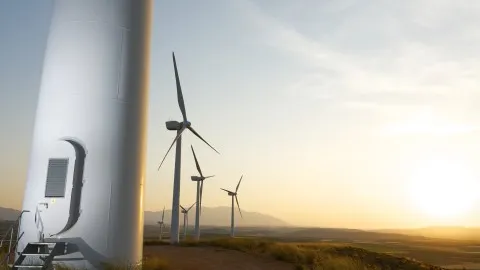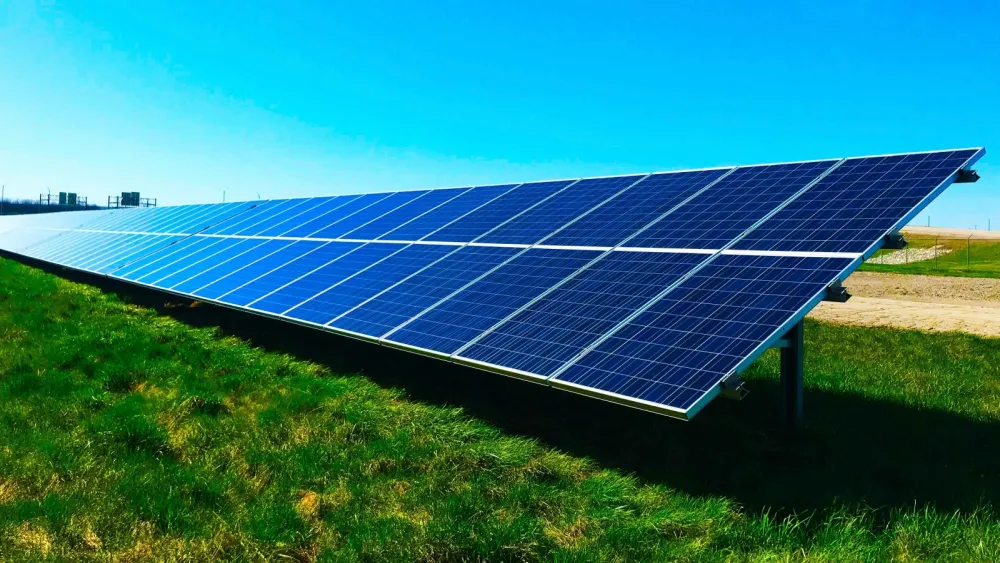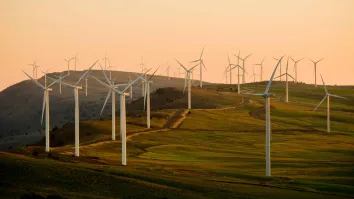
Renewables key to resolving energy security, climate crises
Wind energy is one of the most competitive and mature technologies.
The wind energy industry urged global leaders to accelerate the shift to renewable energy as it is the solution to avoiding climate crises and ensuring a secure energy system.
In an open letter to global leaders ahead of the G20 Finance Ministers and Central Bank Governors Meeting in Washington this week, the wind energy industry emphasised the availability of technology to reduce fossil fuel use and ramp up renewable energy.
They said wind is one of the “most competitive, mature, limitless, and quickly deployable energy technologies” present today.
“What’s better, these actions can also reinforce the global energy system to reduce exposure to price volatility and import dependency linked to fossil fuels. And a growing body of evidence shows that the shift to renewable energy will result in enormous net savings for the global economy, supporting a just and equitable energy transition and liveable future for all,” the letter read.
“[F]rom Europe to Asia, renewable energy offers increasingly stable power to keep the lights on and support economic growth and decarbonisation,” it added.
READ MORE: ‘It’s now or never’: UN panel urges immediate action on climate change
The wind energy industry said that in speeding up the rollout of renewables, the volumes of wind power as part of a sustainable energy mix should be scaled up.
Governments should also urgently streamline permitting schemes for grid-scale renewable projects and commit to action plans to rapidly establish an electricity grid for renewable energy integration and cross-border decarbonisation.
Energy markets should evolve to send meaningful investment signals, and governments should avoid long-term lock-in of fossil fuel-based generation. They also said that markets should develop “cohesive and inclusive policies” to enable a “just and equitable energy transition.”
Markets should also ensure that national and regional finance “adhere to robust climate benchmarks, push for the implementation of a global rulebook on carbon pricing, and promote multilateral renewable energy partnerships and trade agreements.



















 Advertise
Advertise






